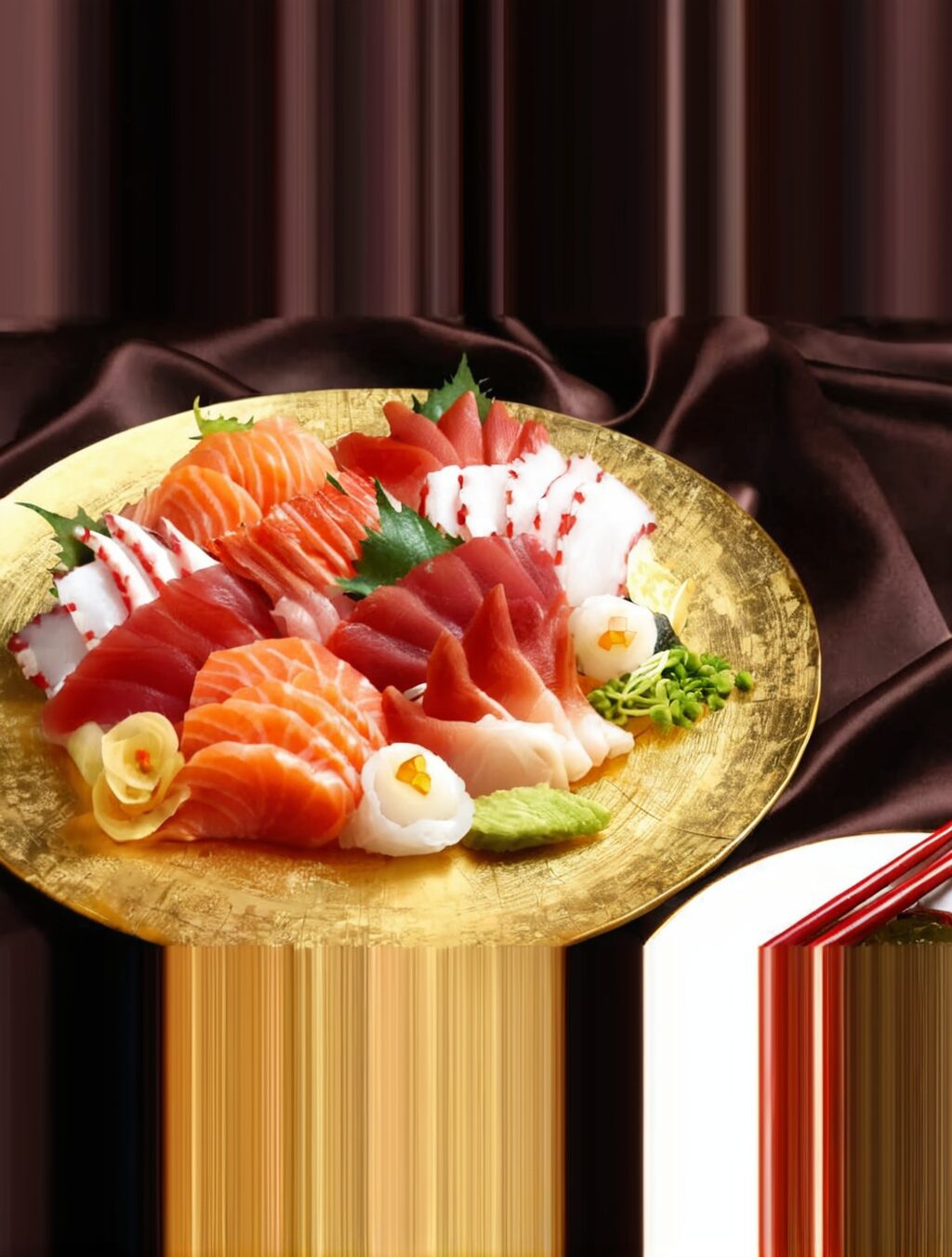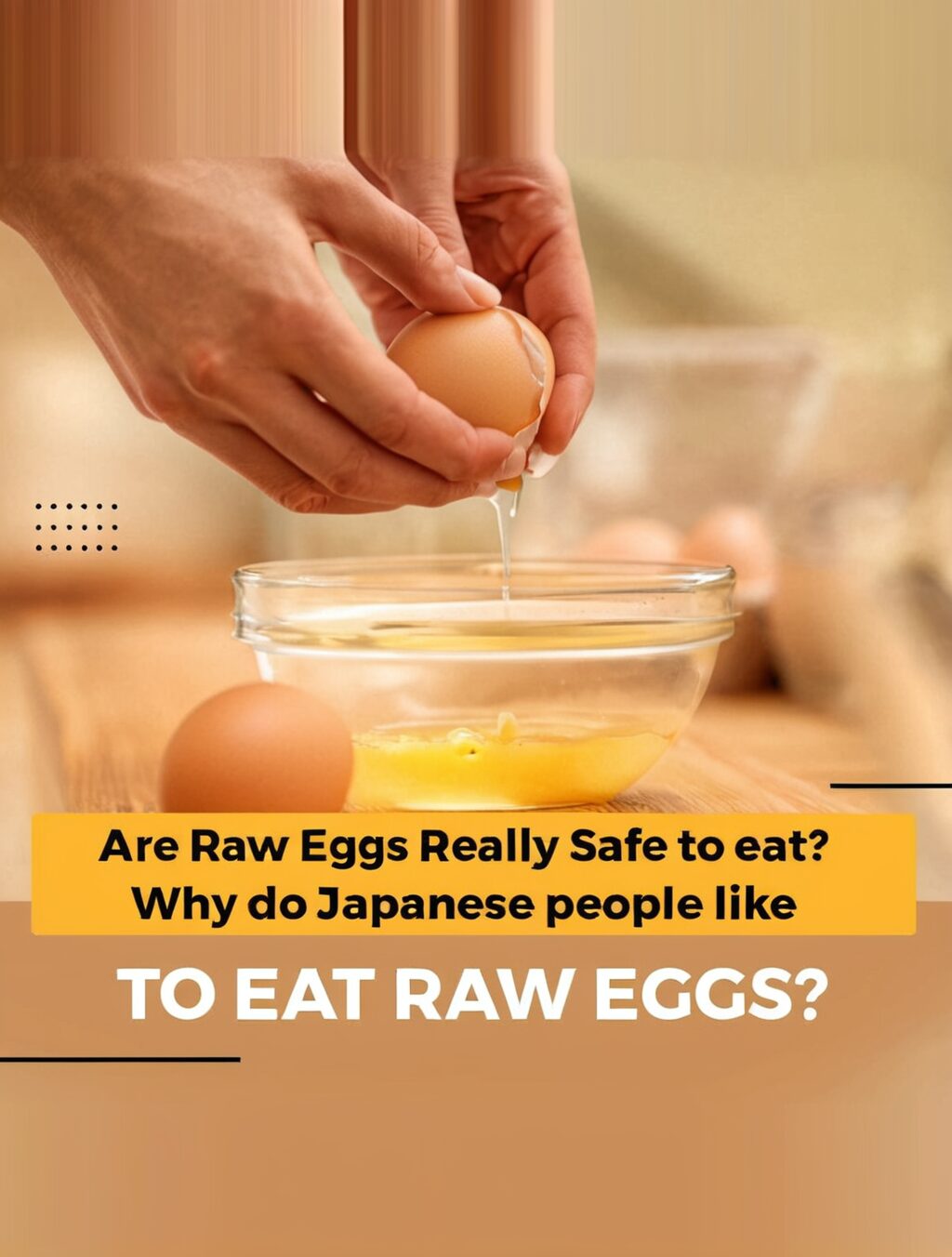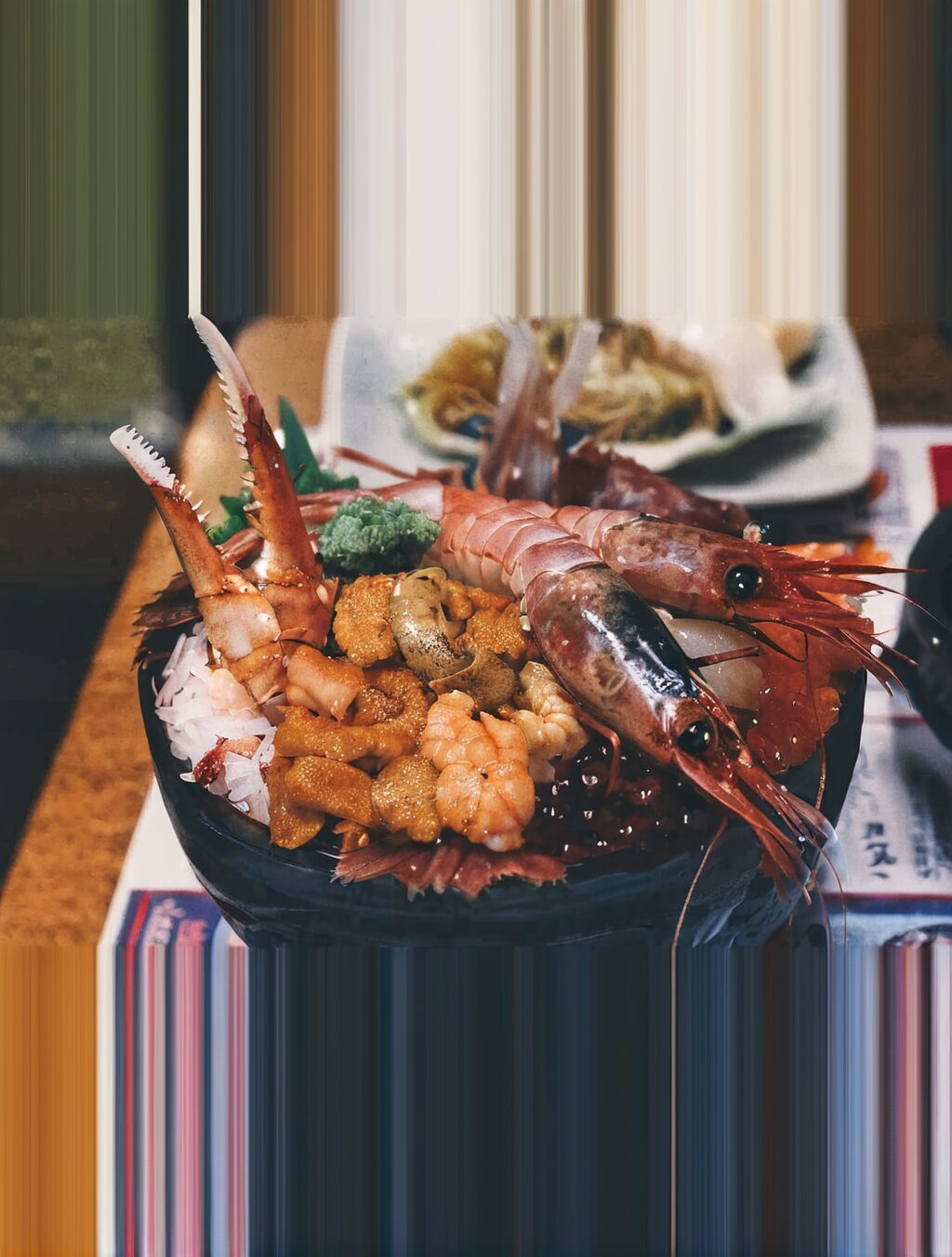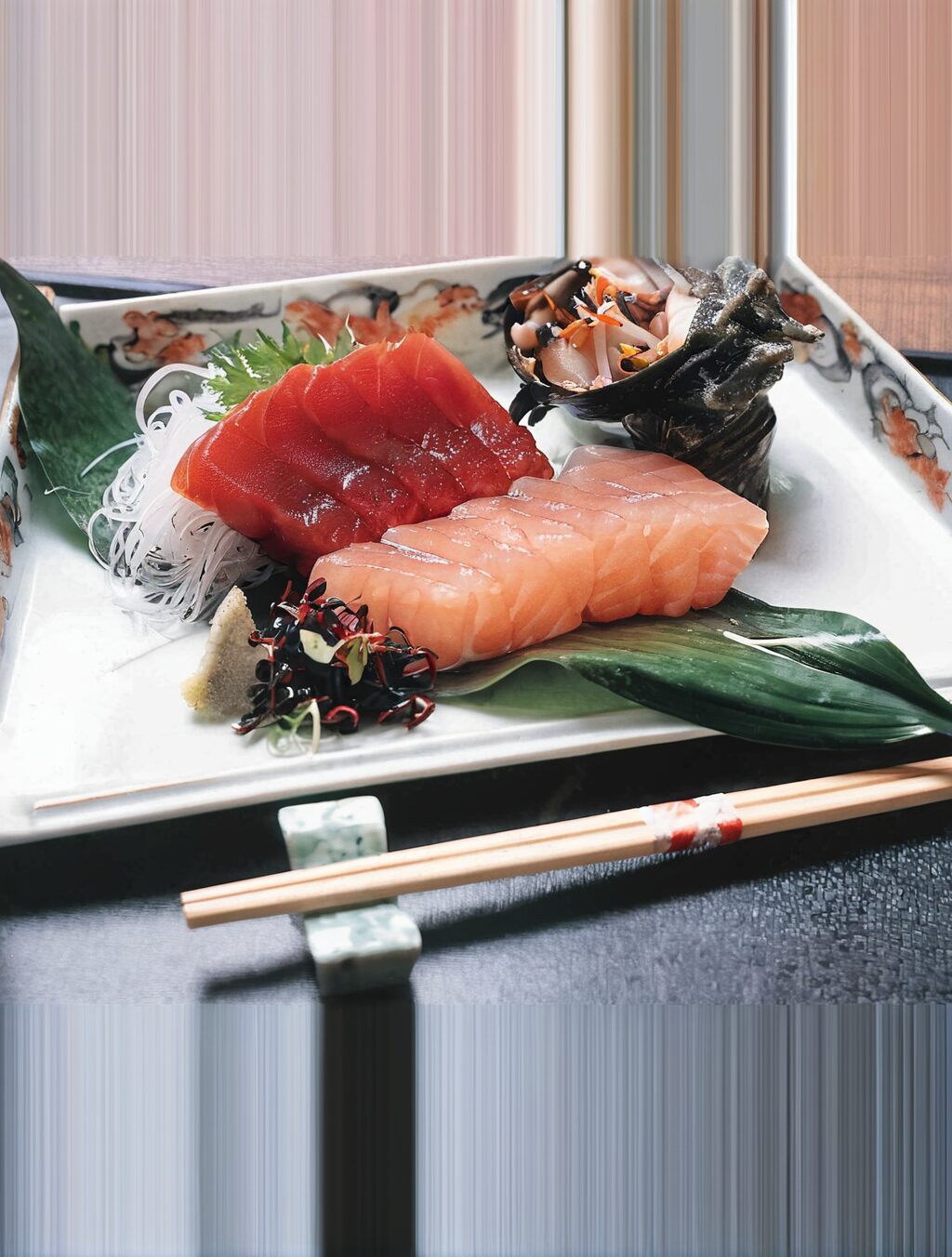Is It Safe to Eat Raw Fish and Other Seafood in Japan Now?
Win a Free Trip to Japan!
Experience cherry blossoms and ancient temples
As Japan continues to reopen to international tourism, many travelers are wondering whether it is safe to eat raw fish and other seafood in the country. The answer is yes, it is generally safe to do so, but there are a few things to keep in mind.
Here are some tips for eating raw fish and seafood in Japan:
- Only eat from reputable restaurants. This is the best way to ensure that the food is fresh and properly prepared.
- Be aware of the risks of eating raw fish. Raw fish can contain parasites, so it is important to be aware of the risks before you eat it.
- If you have any concerns, err on the side of caution. If you are not sure whether a particular dish is safe to eat, don’t eat it.
Is It Safe to Eat Raw Egg in Japan?
Yes, it is generally safe to eat raw egg in Japan. Raw egg is a common ingredient in many Japanese dishes, such as sushi and sashimi. However, there are a few things to keep in mind:
- Only eat raw eggs from reputable sources. This is the best way to ensure that the eggs are fresh and free of bacteria.
- Be aware of the risks of eating raw eggs. Raw eggs can contain salmonella, so it is important to be aware of the risks before you eat them.
- If you have any concerns, err on the side of caution. If you are not sure whether a particular dish is safe to eat, don’t eat it.
FAQs
- Is it safe to eat sushi in Japan? Yes, it is generally safe to eat sushi in Japan. However, it is important to only eat from reputable restaurants and to be aware of the risks of eating raw fish.
- Is it safe to eat sashimi in Japan? Yes, it is generally safe to eat sashimi in Japan. However, it is important to only eat from reputable restaurants and to be aware of the risks of eating raw fish.
- Is it safe to eat seafood in Japan now? Yes, it is generally safe to eat seafood in Japan now. However, it is important to only eat from reputable restaurants and to be aware of the risks of eating raw fish.
Conclusion
Overall, it is safe to eat raw fish and other seafood in Japan. However, it is important to only eat from reputable restaurants and to be aware of the risks of eating raw fish.
is it safe to eat sashimi in japan
## Is It Safe to Eat Seafood in Japan?
Yes, it is generally safe to eat seafood in Japan. Japan has some of the highest seafood safety standards in the world, and the country’s seafood is regularly inspected and tested. However, there are a few things to keep in mind:
- Only eat from reputable restaurants. This is the best way to ensure that the seafood is fresh and properly prepared.
- Be aware of the risks of eating raw fish. Raw fish can contain parasites, so it is important to be aware of the risks before you eat it.
- If you have any concerns, err on the side of caution. If you are not sure whether a particular dish is safe to eat, don’t eat it.
Is It Safe to Eat Sushi in Japan?
Yes, it is generally safe to eat sushi in Japan. Sushi is a popular Japanese dish made with raw fish or seafood. However, it is important to only eat sushi from reputable restaurants and to be aware of the risks of eating raw fish.
Is It Safe to Eat Fish in Japan?
Yes, it is generally safe to eat fish in Japan. Fish is a staple of the Japanese diet, and it is safe to eat cooked or raw fish. However, it is important to be aware of the risks of eating raw fish.
Is It Safe to Eat Raw Eggs in Japan?
Yes, it is generally safe to eat raw eggs in Japan. Raw eggs are a common ingredient in many Japanese dishes, such as sushi and sashimi. However, it is important to only eat raw eggs from reputable sources and to be aware of the risks of eating raw eggs.
Is It Safe to Eat in Japan?
Yes, it is generally safe to eat in Japan. Japan has a high food safety rating, and the country’s food is generally safe to eat. However, it is always important to be aware of the risks of eating raw fish and other foods.
Conclusion
Overall, it is safe to eat seafood, sushi, fish, and raw eggs in Japan. However, it is important to only eat from reputable restaurants and to be aware of the risks of eating raw fish and other foods.
is it safe to eat raw egg in japan
## Is It Safe to Eat Raw Eggs in Japan?
Yes, it is generally safe to eat raw eggs in Japan. This is because Japanese eggs are produced under strict safety standards, which include:
- Clean and disinfected chicken coops: Chicken coops in Japan are required to be clean and disinfected to prevent the spread of bacteria.
- Vaccinated chickens: Chickens in Japan are vaccinated against salmonella and other bacteria.
- Regular testing: Eggs are regularly tested for bacteria to ensure that they are safe to eat.
As a result of these strict safety standards, the risk of getting sick from eating raw eggs in Japan is very low.
Why Are Japanese Eggs Safe to Eat Raw?
Japanese eggs are safe to eat raw because they are produced under strict safety standards, which include:
- Clean and disinfected chicken coops: Chicken coops in Japan are required to be clean and disinfected to prevent the spread of bacteria.
- Vaccinated chickens: Chickens in Japan are vaccinated against salmonella and other bacteria.
- Regular testing: Eggs are regularly tested for bacteria to ensure that they are safe to eat.
These strict safety standards make it very unlikely that Japanese eggs will contain harmful bacteria.
Is It Safe to Eat Seafood in Japan?
Yes, it is generally safe to eat seafood in Japan. Japan has some of the highest seafood safety standards in the world, and the country’s seafood is regularly inspected and tested. However, it is important to only eat seafood from reputable restaurants and to be aware of the risks of eating raw fish.
Conclusion
Overall, it is safe to eat raw eggs and seafood in Japan. However, it is important to only eat from reputable restaurants and to be aware of the risks of eating raw fish and other foods.
is it safe to eat seafood in japan now
## Are Raw Eggs Safe to Eat in Japan?
Yes, it is generally safe to eat raw eggs in Japan. This is because Japanese eggs are produced under strict safety standards, which include:
- Clean and disinfected chicken coops: Chicken coops in Japan are required to be clean and disinfected to prevent the spread of bacteria.
- Vaccinated chickens: Chickens in Japan are vaccinated against salmonella and other bacteria.
- Regular testing: Eggs are regularly tested for bacteria to ensure that they are safe to eat.
As a result of these strict safety standards, the risk of getting sick from eating raw eggs in Japan is very low.
Are Japanese Eggs Safe to Eat Raw?
Yes, Japanese eggs are safe to eat raw. This is because they are produced under strict safety standards, which include:
- Clean and disinfected chicken coops: Chicken coops in Japan are required to be clean and disinfected to prevent the spread of bacteria.
- Vaccinated chickens: Chickens in Japan are vaccinated against salmonella and other bacteria.
- Regular testing: Eggs are regularly tested for bacteria to ensure that they are safe to eat.
These strict safety standards make it very unlikely that Japanese eggs will contain harmful bacteria.
Are Scallops From Japan Safe to Eat?
Yes, scallops from Japan are safe to eat. Japan has some of the highest seafood safety standards in the world, and the country’s seafood is regularly inspected and tested. However, it is important to only eat scallops from reputable restaurants and to be aware of the risks of eating raw seafood.
Is It Safe to Eat in an Indoor Restaurant?
Yes, it is generally safe to eat in an indoor restaurant in Japan. However, it is important to choose a reputable restaurant and to follow the restaurant’s COVID-19 safety protocols.
Is It Safe to Eat Japanese Seafood?
Yes, it is generally safe to eat Japanese seafood. Japan has some of the highest seafood safety standards in the world, and the country’s seafood is regularly inspected and tested. However, it is important to only eat seafood from reputable restaurants and to be aware of the risks of eating raw seafood.
Conclusion
Overall, it is safe to eat raw eggs, scallops, and other seafood in Japan. However, it is important to only eat from reputable restaurants and to be aware of the risks of eating raw food.



